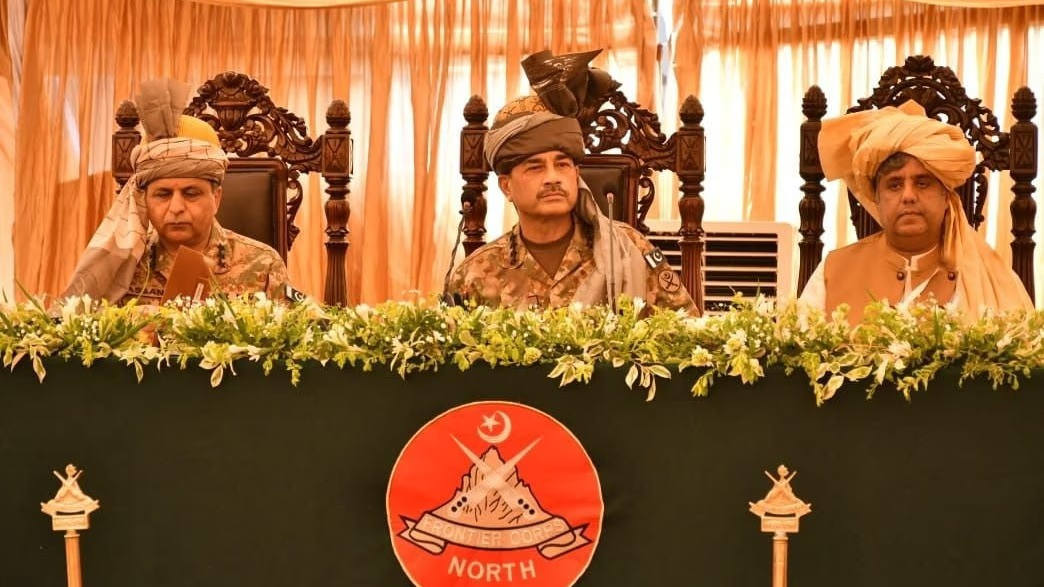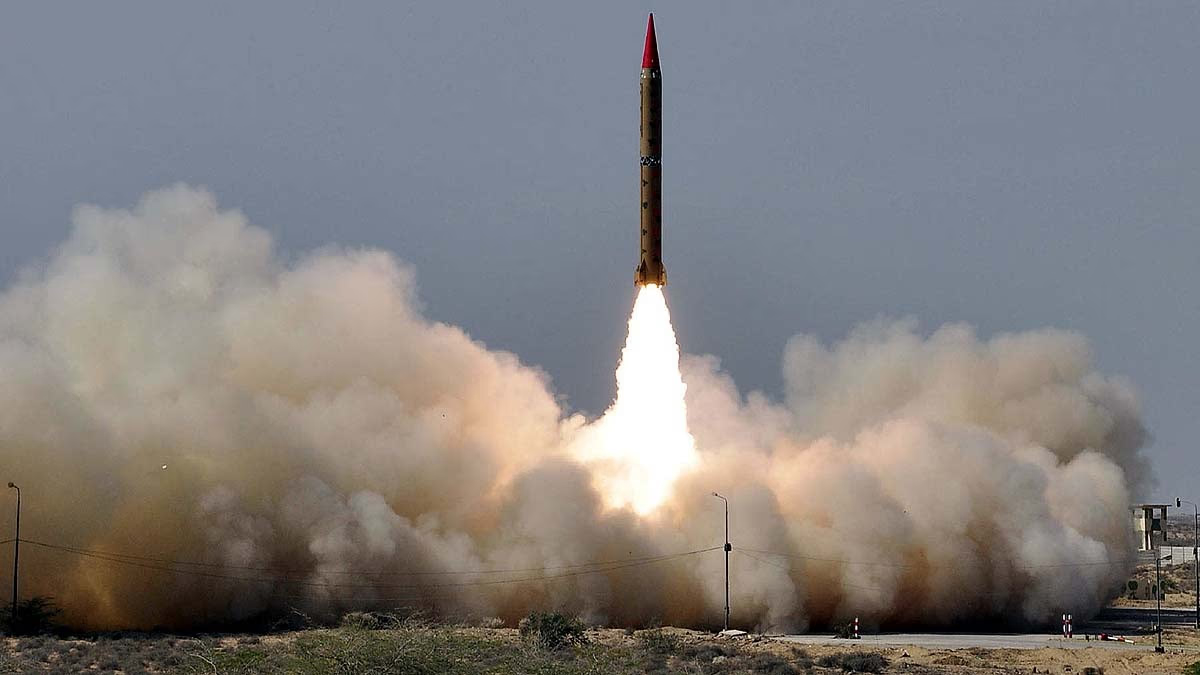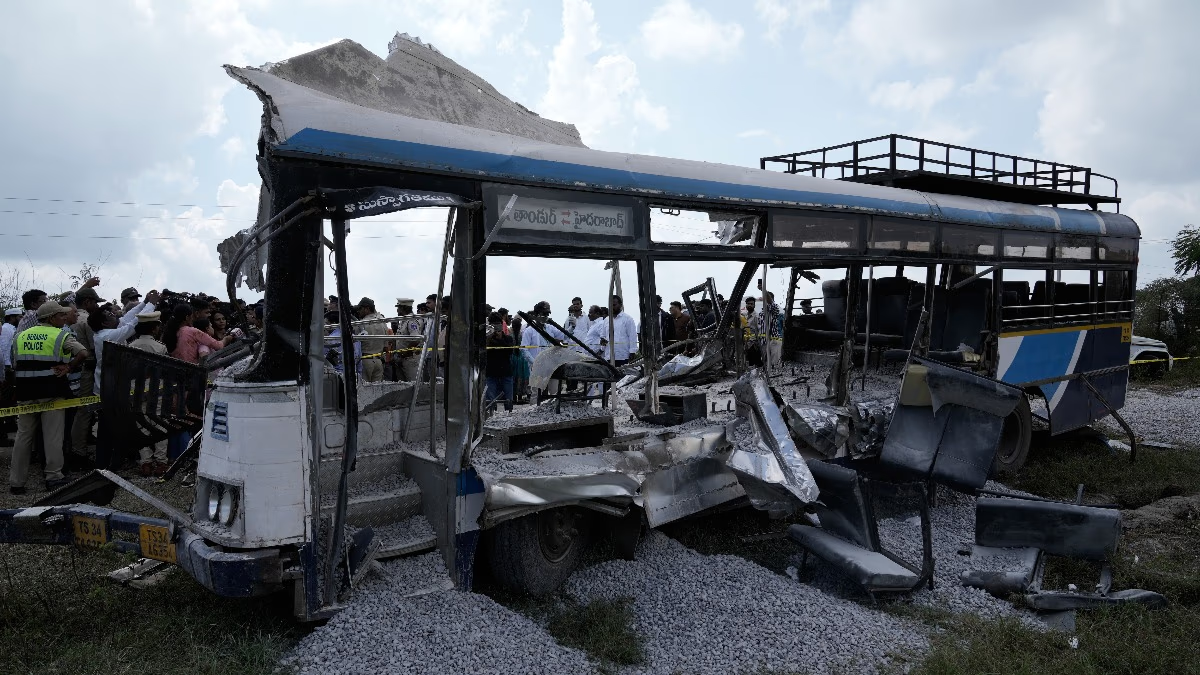Returning from a foreign visit, Pakistan's Army Chief Field Marshal Aseem Munir convened a 'jirgah'—a traditional tribal council—in Khyber Pakhtunkhwa. The gathering witnessed religious leaders and tribal elders coming together. Clad in military attire, Munir emphasized Pakistan's religious stance, dismissing Afghanistan's accusations, and once again pointed fingers at alleged India-backed factions for the ongoing assaults in Pakistan.
In a brazen move to veil its own misdeeds, Pakistan labeled these actions as 'fitna-al-khawarij' and 'fitna al Hindustan'. Munir remarked that despite Pakistan's repeated efforts to mend ties with Kabul, the Afghan soil continues to be a haven for the said insurgents.
Curiously absent from Munir's address was any mention of the military's controversial aerial assaults on its own populace in border regions, which tragically claimed many innocent lives recently.
This jirgah played a pivotal role amidst the escalating Pakistan-Afghanistan tensions, marked by a surge in cross-border infiltrations and terror acts. Post-jirgah, Munir confidently posed with tribal elders for photographs.
Responding to Pakistan's challenge, Afghan Interior Minister and Taliban leader Khalifa Sirajuddin Haqqani staunchly asserted that testing their patience would lead to cataclysmic results. Undeterred by the lack of far-reaching missiles or heavy armaments, Khalifa emphasized Afghanistan's unwavering resolve to defend itself.
Haqqani further elaborated, "Defending our territory is non-negotiable. Nevertheless, we're open to dialogue. However, should aggression ensue, we've faced global superpowers and defending our homeland won't be a daunting task."
Clearly addressing Pakistan in recent discussions held in Qatar and Turkey, Khalifa Sirajuddin made it evident that Afghanistan cannot be blamed for Pakistan's internal issues.
He stated, "It's your predicament. You must find solutions without dragging Afghanistan into it."
Without pinpointing any nation, Khalifa underscored that some countries, for their selfish motives, encroach upon others' territories.
Haqqani reiterated,
"While one nation violates another's boundaries for its gain, Afghans have proven themselves in the battlefield. Test our endurance once more, and our response will be calamitous."
Amid this geopolitical tension, Pakistan's water concerns have surged. With the Taliban initiating plans to construct a dam on Afghanistan's Kunar River, the flow of water supply to Pakistan could be significantly impacted.
In response to this concern, Pakistan cautioned the Taliban. Defense Minister Khawaja Asif stated, "The Taliban cannot disregard Pakistan's water rights, and Islamabad is equipped with 'pressure tools' to counter such actions."
Reacting to the order from Taliban leader Hibatullah Akhundzada for the dam's construction on the Kunar River, Pakistan's Defense Minister reiterated that Islamabad's water rights cannot be neglected.




